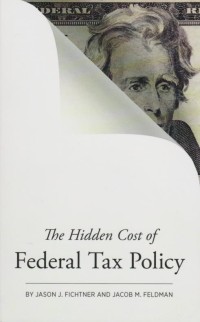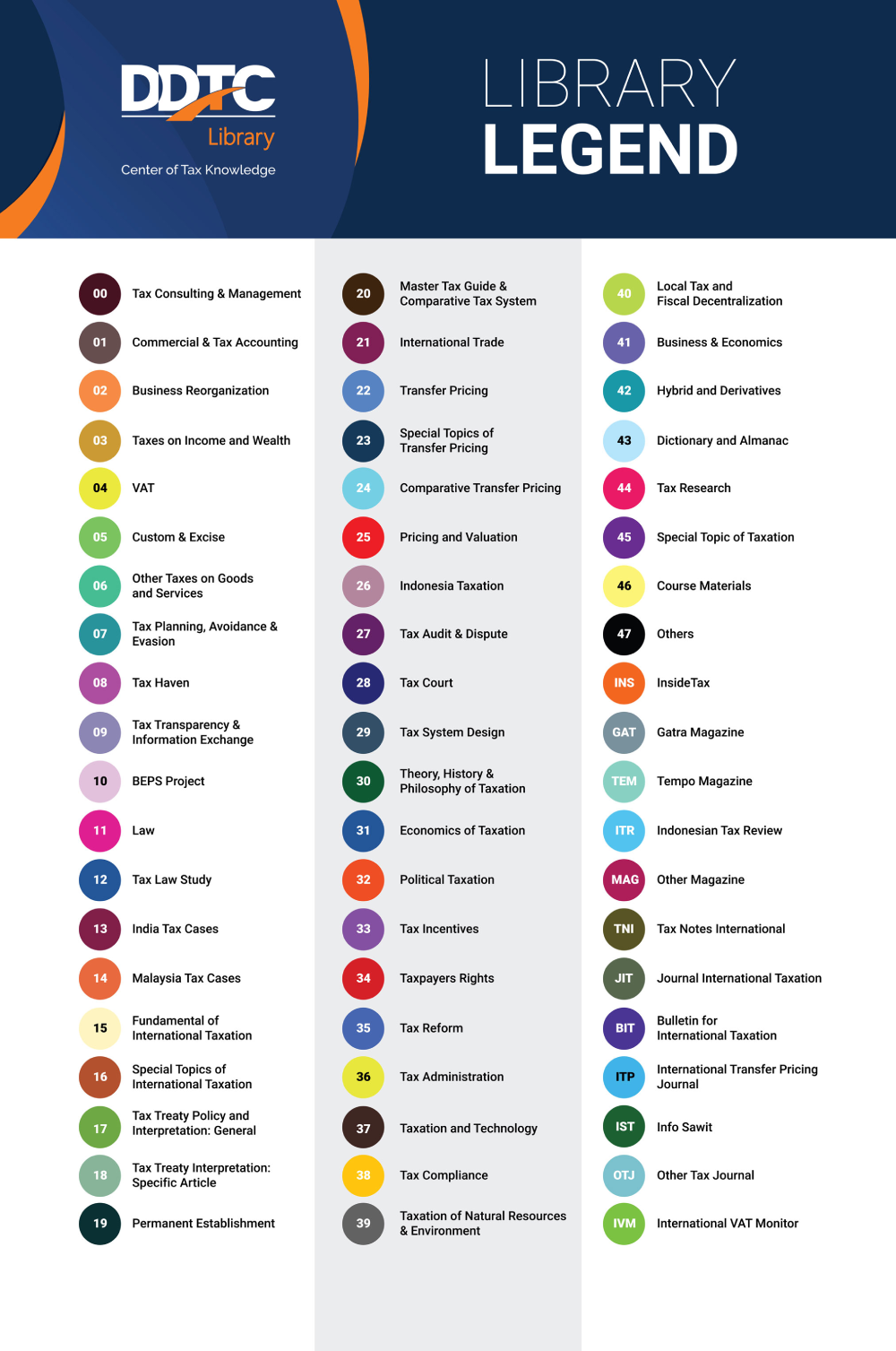
Book
The Hidden Cost of Federal Tax Policy
Reforms to Improve Fairness, Efficiency and Economic Growth The most basic goal of tax policy is to raise enough revenue to meet the government’s spending requirements with the least impact on market behavior. But the United States’ tax code has long failed to meet this aim by severely distorting market decisions and the allocation of resources—hampering job creation and impeding both potential economic growth and potential tax revenue, while burdening Americans with up to $1 trillion dollars in compliance costs. This book sets a general framework for evaluating the societal benefits of any tax provision and presents key problems that exist with the tax code today. To increase employment and expand their economies, most developed countries are both reducing their corporate tax rates and restructuring their tax systems to make them simpler. The United States appears to be taking the opposite approach. While there appears to be widespread agreement on the need for tax reform, there is no consensus on specific elements of reform. This book shows that successful tax reform needs to be predictable, permanent, simple, efficient, and equitable. Reforms should include lower marginal tax rates, a broad base that eliminates loopholes, no double taxation, and reduces bad incentives. To move the debate forward, policymakers need to know the goals of successful tax reform and what steps to take to achieve those goals. This book provides that essential knowledge.
Detail Information
| Call Number |
38 HID jas
|
|---|---|
| Publisher | Mercatus Center at George Mason University : United States of America., 2015 |
| Collation |
255 p, 20.2 cm
|
| Language |
English
|
| Classification |
38 HID jas
|
| ISBN/ISSN |
978-1-942951-10-0
|
| Edition |
-
|
| Subject(s) |






